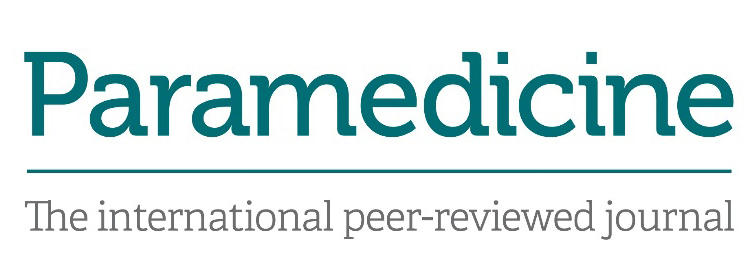|
|
|
Title: Alberta CARES: A Study on Health and Wellness of Public Safety Communicators in Alberta. Presenter: Marcella Cassiano, PhD (University of Winnipeg) Co-Authors in the paper supporting the presentation:
Introduction: In 2016, the federal government recognized the unique challenges faced by public safety professionals and called for research on operational stress injuries. Since then, studies on the health and wellness of paramedics, firefighters, police officers, and correctional officers have expanded. However, public safety communicators—such as 911 operators, dispatchers, and tactical radio personnel—have received little attention despite experiencing high levels of burnout and PTSD. The study supporting this presentation addresses this gap. Objective: This presentation will (1) examine health and wellness outcomes and determinants for communicators in Alberta and (2) highlight communicators’ primary sources of occupational stress and job satisfaction. Our working hypothesis assumed that the prevalence of PTSD among communicators was higher than among other first responders. We also anticipated that organizational factors would be the primary source of stress for communicators. Methods: The research team employed a trauma-informed approach, a social-ecological model, and a mixed-method explanatory sequential design to survey (n=150) and interview (n=50) communicators across Alberta’s EMS, fire, and police services. The trauma-informed approach fostered collaboration with agencies and participants vulnerable to high stress. Meanwhile, the social-ecological model enabled an analysis of health and wellness from socio-cultural, institutional, and structural perspectives. The explanatory sequential design allowed for a deeper understanding of survey findings by contextualizing them with qualitative data. Results: The findings indicate that communicators experience a high prevalence of stress and PTSD compared to other public safety professionals. As predicted, organizational issues—particularly those related to supervisors and leadership—are a significant source of stress for communicators. Conclusions: This study provides the first evidence-based assessment of communicators’ health and stressors in Alberta, positioning Canada as a key contributor to emergency communication research. The findings offer insights for improving work practices and training, ultimately fostering a healthier, more resilient workforce that benefits both communicators and the communities they serve. |
Marcella Cassiano has been an Assistant Professor in Criminal Justice at the University of Winnipeg since 2023. She did her bachelor's degree in Brazil (Social Sciences), master's in China




